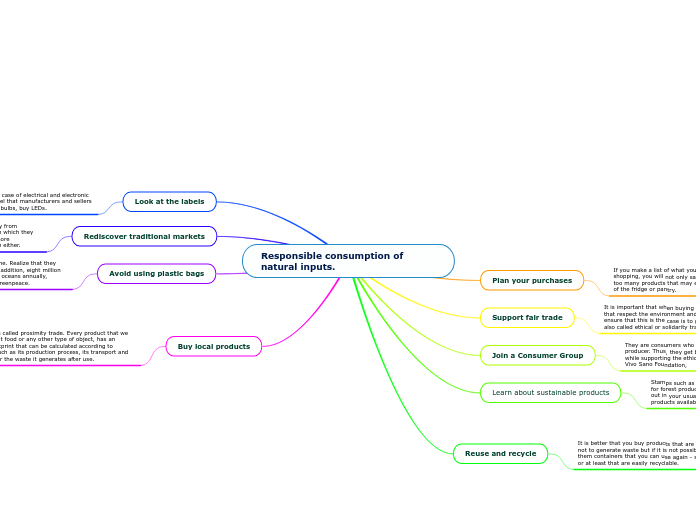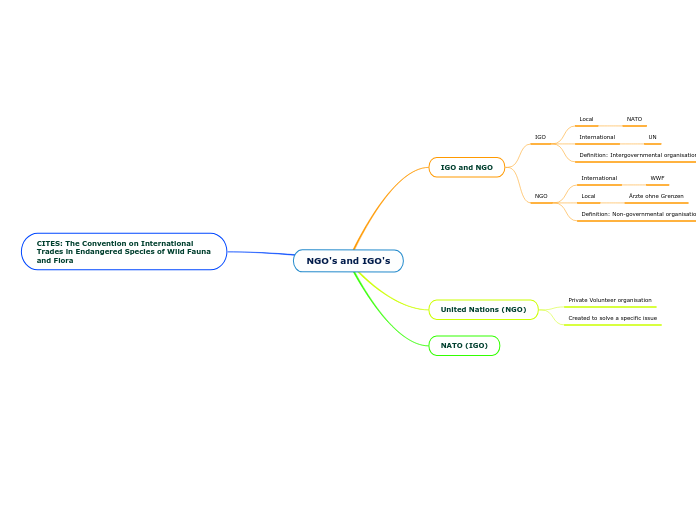jonka Jose Paico Peña 4 vuotta sitten
270
Responsible consumption of natural inputs.
Encouraging responsible consumption involves several practical strategies aimed at reducing ecological footprints and promoting sustainability. One key approach is to prioritize buying local products, which minimizes transportation emissions and supports nearby economies.









